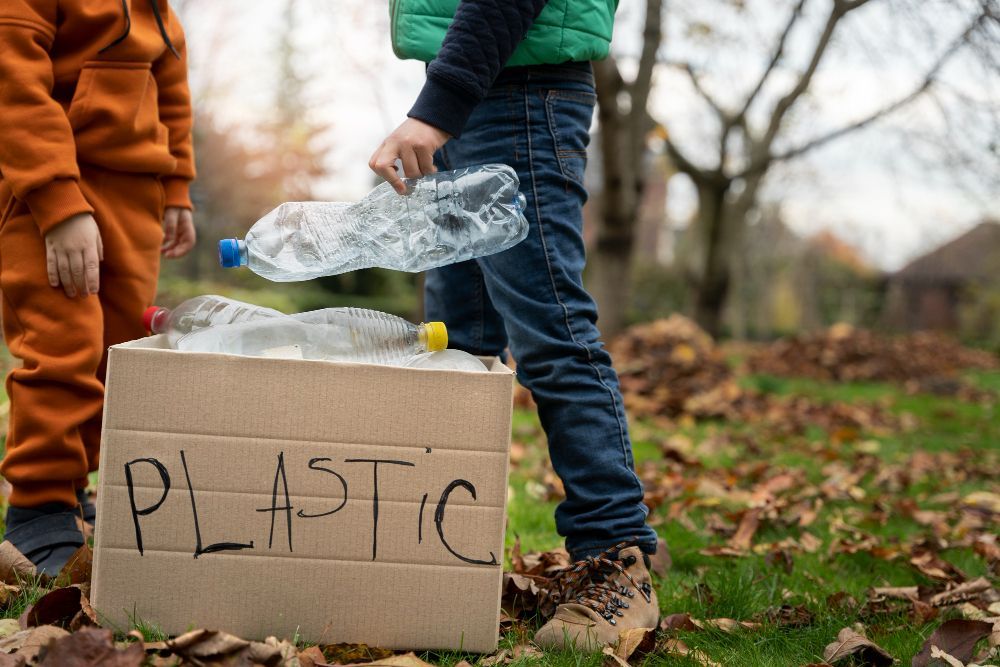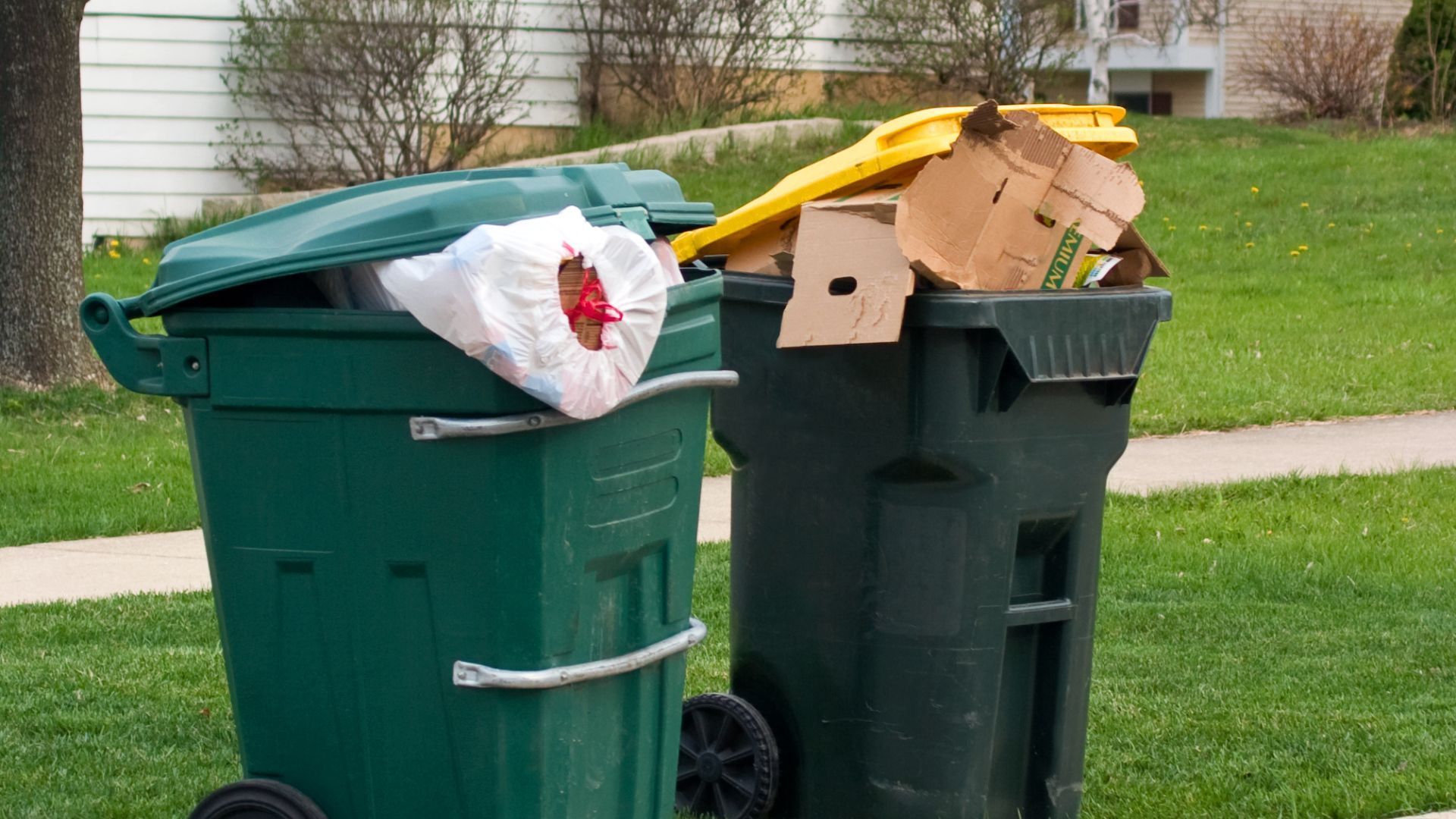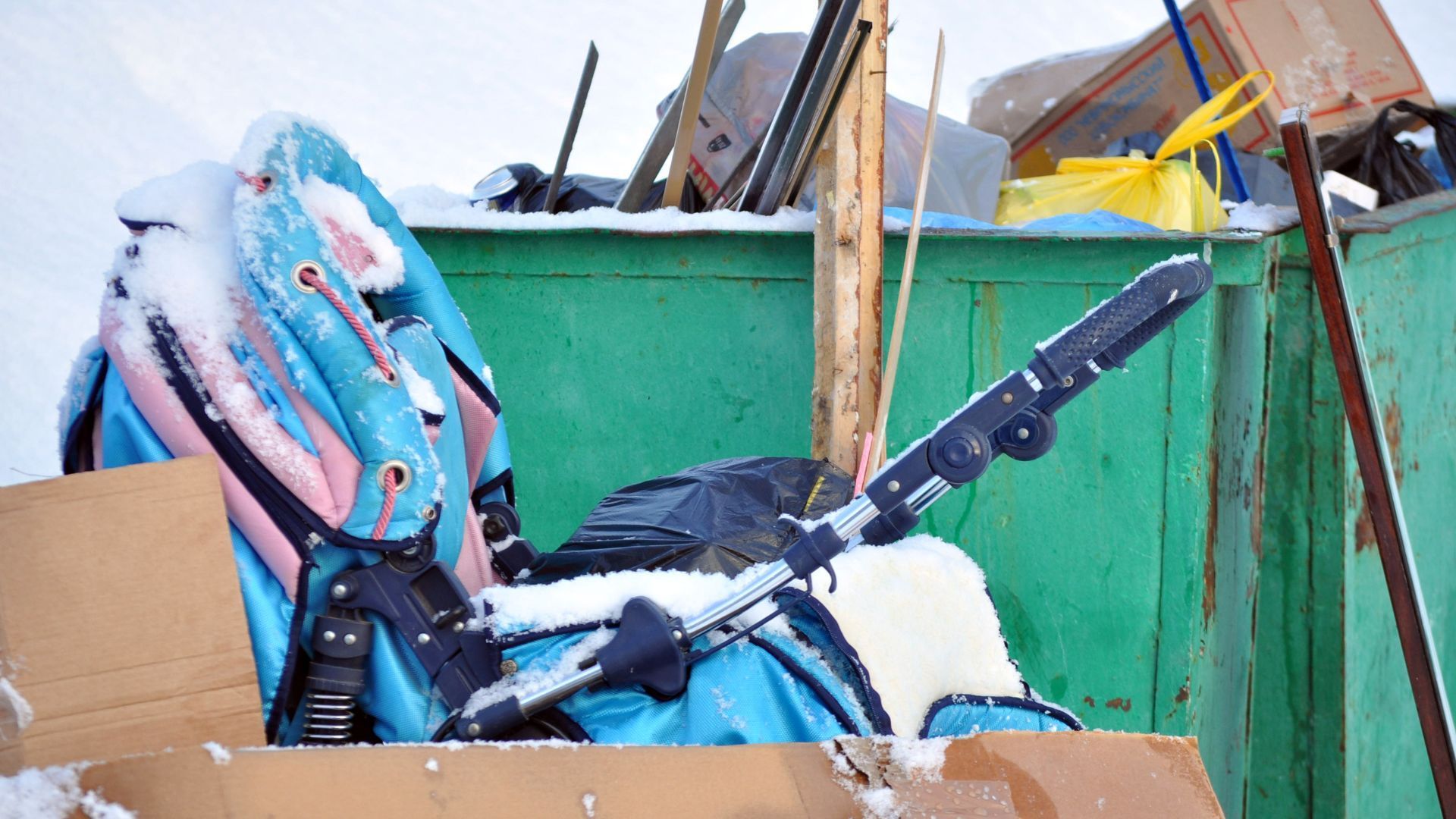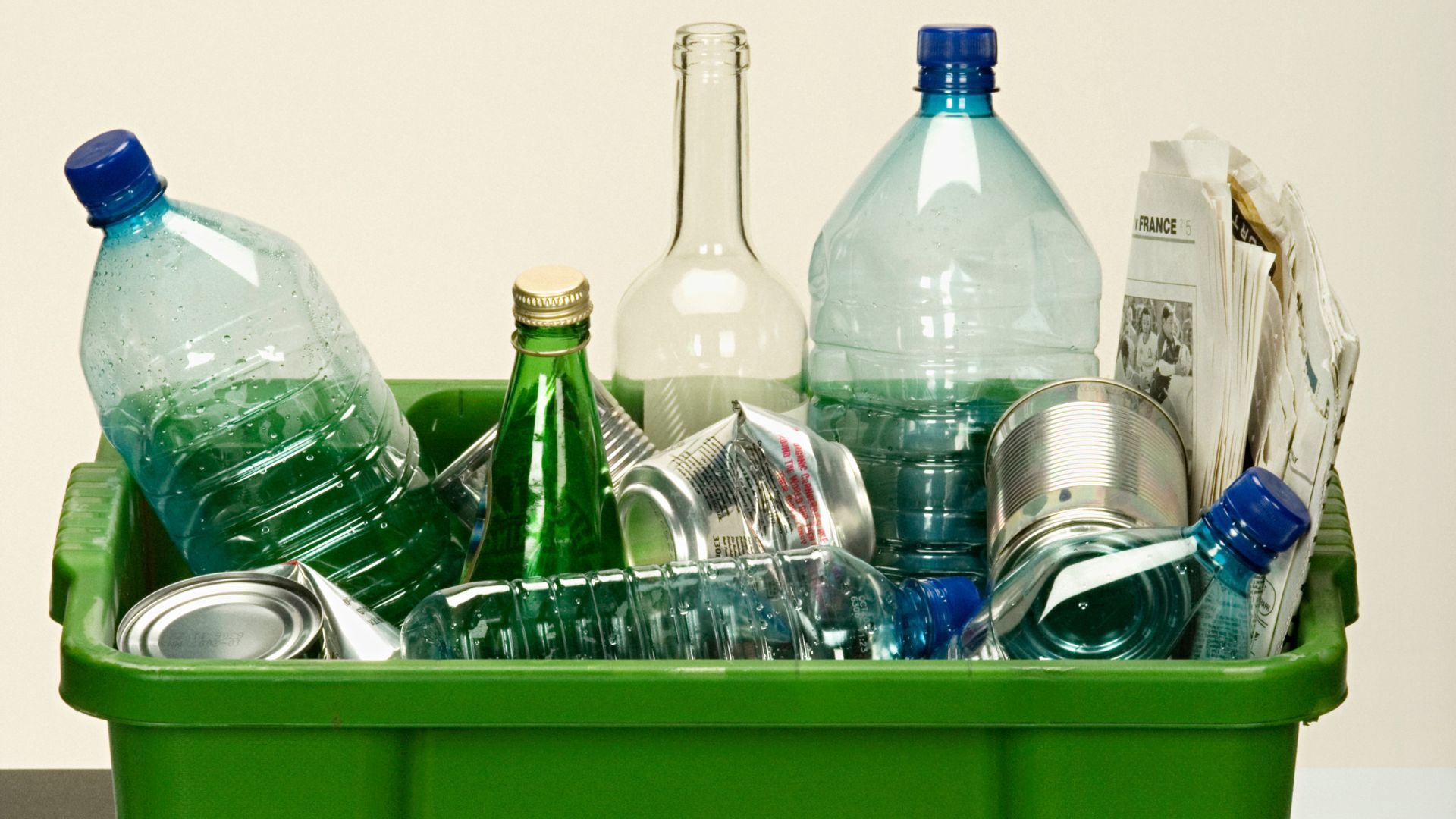Eco-Friendly Junk Removal Augusta Promotes Metal Reuse
In a world increasingly aware of environmental impact, junk removal services are undergoing a significant transformation. No longer simply about clearing clutter, these services have evolved to prioritize sustainability and resource conservation. Particularly in Augusta, a city blending rich history with modern growth, eco-friendly junk removal has become more than a trend—it’s a commitment to a greener future. By integrating metal reuse into their core operations, service providers reduce landfill waste and encourage recycling initiatives that benefit both communities and the environment. This approach shifts the focus from mere disposal to thoughtful repurposing, ensuring metals that would otherwise be discarded are given new life in manufacturing, construction, or art.
Such mindful practices not only prevent valuable resources from being lost but also cut down on the carbon footprint associated with mining and metal production. Embracing metal reuse means acknowledging the longevity of materials and their potential for continuous cycles of use. By fostering a culture that values reclamation and sustainability, Augusta’s junk removal industry sets a compelling example of how everyday actions can contribute to broader ecological health.
The Environmental Impact of Metal Waste
Metal, while durable and versatile, poses a significant challenge when it becomes waste. Left untreated, discarded metal objects accumulate in landfills, leading to soil contamination and other environmental hazards. The heavy metals and chemical coatings often found on scrap metals can leach toxins into groundwater and surrounding ecosystems, threatening plant and animal life. This problem is compounded in urban areas where construction debris, old appliances, and industrial scrap pile up in significant quantities. Responsible junk removal services play a crucial role in intercepting these materials before they cause harm, redirecting them toward recycling channels instead.
Moreover, mining and refining new metals demand enormous energy, water, and raw material consumption, contributing substantially to greenhouse gas emissions. The extraction process often disrupts landscapes and ecosystems, leading to habitat loss and biodiversity decline. By focusing on metal reuse, junk removal companies not only reduce landfill mass but also lessen the demand for virgin metal production. This dual benefit supports a more balanced relationship with natural resources, minimizing environmental degradation while promoting circular economy principles.
The Hidden Environmental Costs of Improper Metal Disposal
Metal is widely admired for its durability and adaptability, making it a cornerstone material in countless industries and everyday products. However, this very strength turns problematic when metal waste is discarded carelessly. Unlike biodegradable materials that decompose relatively quickly, metal lingers in the environment for decades or even centuries. When dumped in landfills, metal doesn’t simply disappear; it remains a persistent presence that poses serious ecological risks. Over time, exposure to moisture and environmental elements causes metals to corrode, gradually releasing hazardous substances. Among these are heavy metals like lead, mercury, and cadmium, alongside various toxic coatings or paint residues applied during manufacturing.
The impact doesn’t stop at the soil surface. Pollutants from corroded metals often penetrate deeper, entering groundwater systems that supply drinking water for humans and habitats for aquatic life. Once these toxins infiltrate water tables, their spread becomes difficult to contain, leading to widespread environmental and health concerns. Contaminated water sources can cause diseases, disrupt reproductive cycles of wildlife, and accumulate in food chains, magnifying their detrimental effects over time. What once served society as a valuable resource is, when discarded improperly, transformed into a catalyst for ecological harm—revealing a dark paradox in the lifecycle of metals.
Innovative Techniques in Metal Recovery
Advancements in technology and logistics have revolutionized how metals are recovered during junk removal. Traditional methods of sorting and processing scrap have been augmented with sophisticated tools that identify metal types and separate them efficiently. Magnetic separation, for example, enables rapid extraction of ferrous metals, while eddy current separators isolate non-ferrous materials like aluminum and copper. These innovations increase the purity and value of recycled metals, making reuse economically viable and environmentally sound.
Beyond the technical side, creative approaches to junk collection enhance metal reuse outcomes. Specialized pickup schedules, community collection events, and tailored sorting solutions empower residents and businesses to participate actively in sustainability efforts. By educating customers on which items contain valuable metals and how best to prepare them for removal, companies build trust and encourage responsible disposal habits. This symbiosis between service providers and communities nurtures a more informed and engaged public, essential for sustaining metal reuse programs over time.

Building a Symbiotic Partnership: Junk Removal Services and Community Collaboration
The relationship between junk removal services and the communities they serve extends far beyond a simple transactional exchange; it blossoms into a symbiotic partnership grounded in mutual benefit and shared responsibility. This connection thrives when companies combine their technological expertise with intentional outreach efforts, cultivating a spirit of collaboration that empowers residents and businesses alike. By working hand in hand with the community, junk removal providers foster an environment where metal reuse is not just a service offered but a collective movement embraced by all.
Strategic outreach and education serve as the backbone of this collaborative model. Companies invest time and resources into informing the public about the importance of metal reuse, highlighting both environmental benefits and practical steps for participation. Workshops, community events, and clear communication channels make it easier for individuals to understand how their discarded metals can be reintroduced into productive cycles. This continuous dialogue strengthens trust and inspires proactive involvement, ensuring that residents do more than simply discard junk—they become active participants in sustainability efforts.
Economic Benefits of Metal Reuse in Junk Removal
Metal reuse extends far beyond ecological advantages; it also presents tangible economic benefits for local communities and industries. Recycling metal conserves raw materials, reducing costs linked to extraction and processing. For businesses involved in junk removal, salvaging metals can create additional revenue streams through the sale of recyclable materials to smelters and manufacturers. This financial incentive supports investment in green technologies and service improvements, ultimately benefiting consumers through more affordable and efficient junk removal options.
At the community level, metal recycling initiatives generate jobs in collection, sorting, and processing sectors. These employment opportunities often focus on sustainable practices, attracting workers interested in environmental stewardship. Additionally, reduced landfill usage translates into lower municipal waste management expenses, allowing local governments to allocate funds toward other public services or sustainability projects. The ripple effect of metal reuse thus touches various facets of economic and social life, reinforcing the value of integrating eco-friendly principles into everyday business operations.
Broader Social Benefits and the Role of Eco-Friendly Business Models in Metal Reuse
The economic impact of metal reuse extends far beyond immediate financial gains, weaving itself into the fabric of broader social benefits that underscore the critical role of eco-friendly business models. When junk removal companies commit to sustainable practices, they actively participate in building a circular economy—a dynamic system where materials are kept in continuous use through repeated cycles of reuse and recycling. This approach fundamentally shifts the traditional “take-make-dispose” pattern, reducing the volume of waste sent to landfills and diminishing the strain on natural resources.
This circular framework also strengthens local economies by promoting resilience in the face of global supply chain disruptions. For example, when metals are reused domestically instead of imported raw materials, industries can maintain steadier production schedules, creating jobs and economic continuity within the community. The reliance on local recycling streams reduces vulnerability to international trade barriers or price volatility, fostering a more self-sufficient and adaptive economic environment.
Community Engagement and Awareness
The success of metal reuse programs hinges on community involvement and awareness. Educational campaigns that highlight the importance of recycling metals and the environmental consequences of improper disposal cultivate a culture of responsibility. Schools, neighborhood groups, and local businesses often collaborate with junk removal services to promote recycling days, workshops, and informational resources. Such efforts empower individuals to make informed choices about their waste, fostering habits that prioritize reuse and reduction.
Moreover, transparency in junk removal operations builds trust and encourages participation. When customers understand how their discarded metals are processed and reused, they feel a stronger connection to sustainability goals. Publicizing recycling rates, environmental impact metrics, and success stories showcases the tangible benefits of collective action. These strategies not only enhance the reputation of junk removal companies but also stimulate a broader movement toward greener waste management practices within Augusta and beyond.
Challenges and Future Directions
Despite the progress, challenges remain in maximizing metal reuse within the junk removal industry. Contamination of scrap metals with non-recyclable materials, fluctuating market prices for recycled metals, and regulatory complexities can hinder efficient recycling efforts. Addressing these issues requires ongoing innovation, collaboration, and policy support. Developing better sorting technologies, incentivizing proper disposal, and streamlining regulatory frameworks are critical steps toward overcoming these barriers.
Looking ahead, the integration of circular economy concepts promises to reshape junk removal even further. Emphasizing product design for disassembly, promoting reuse before recycling, and expanding partnerships across industries will deepen metal reuse impact. As Augusta continues to grow, embedding sustainability in its waste management infrastructure will ensure that progress aligns with environmental preservation and community well-being. Embracing these future pathways positions the city as a leader in eco-friendly junk removal and resource conservation.
Conclusion
When it comes to eco-friendly junk removal that champions metal reuse, Augusta residents have a reliable partner committed to environmental stewardship and resource recovery. Hinkins Disposal, located right here in Augusta, GA, embodies these values by offering services designed to minimize landfill waste and maximize the life cycle of metals. With a focus on responsible disposal and innovative recycling techniques, this company helps keep Augusta cleaner and greener. To learn more or schedule a service, reach out at (706) 885-4032 or email Hinkinsdisposal@gmail.com. Their dedication ensures that metal reuse remains at the heart of sustainable junk removal practices in the community.




